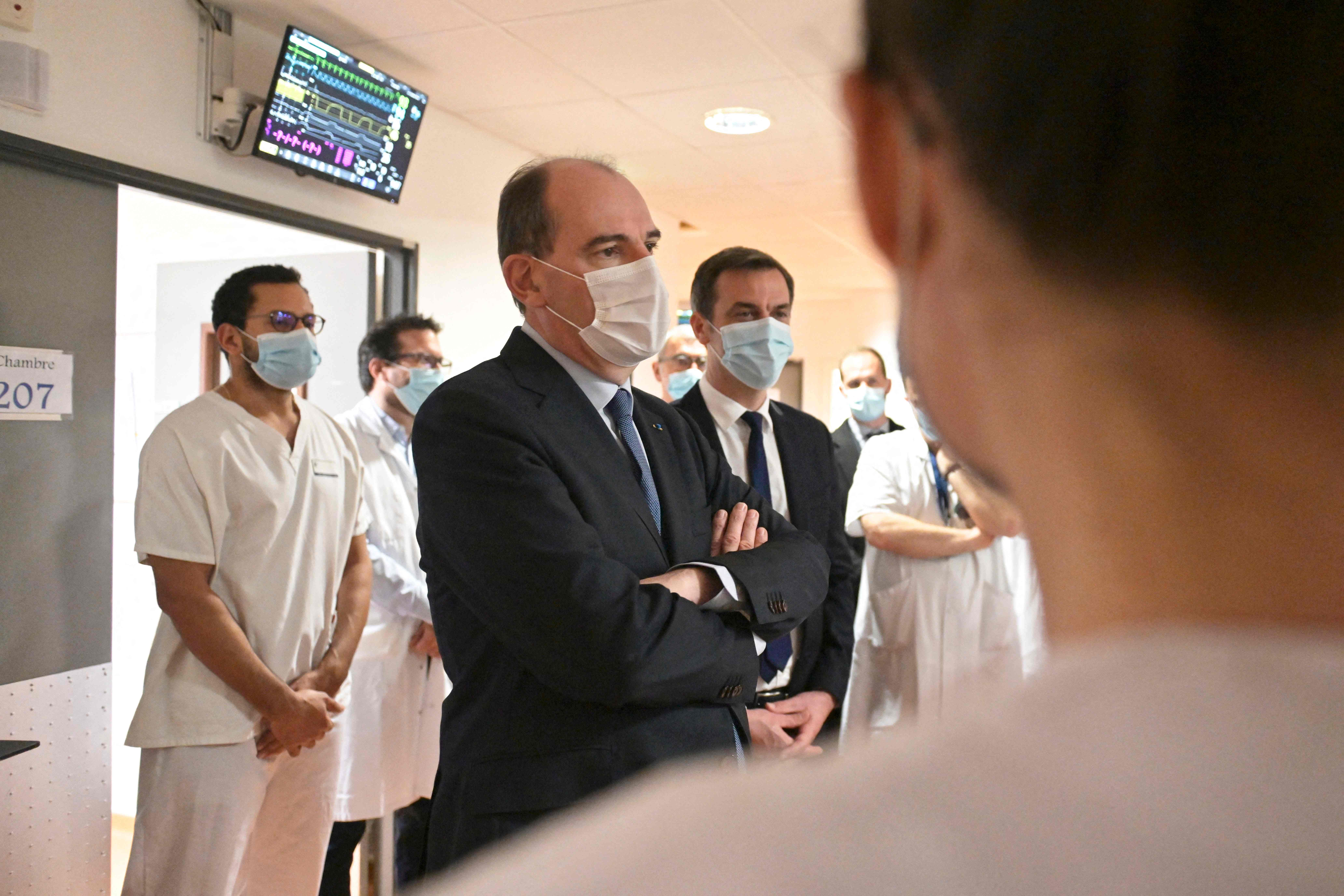UK ‘unlikely to see’ third wave on European scale, health expert says
Prof Linda Bauld cautions that ‘travel still needs to be looked at’

Your support helps us to tell the story
From reproductive rights to climate change to Big Tech, The Independent is on the ground when the story is developing. Whether it's investigating the financials of Elon Musk's pro-Trump PAC or producing our latest documentary, 'The A Word', which shines a light on the American women fighting for reproductive rights, we know how important it is to parse out the facts from the messaging.
At such a critical moment in US history, we need reporters on the ground. Your donation allows us to keep sending journalists to speak to both sides of the story.
The Independent is trusted by Americans across the entire political spectrum. And unlike many other quality news outlets, we choose not to lock Americans out of our reporting and analysis with paywalls. We believe quality journalism should be available to everyone, paid for by those who can afford it.
Your support makes all the difference.Britain is unlikely to see a third wave of the pandemic on the scale of that which is sweeping through Europe, a leading public health expert has said.
Linda Bauld, a professor of public health at the University of Edinburgh, said she was “very hopeful” the UK would not experience the surging Covid-19 cases and hospital admissions seen in countries such as France and Germany in recent weeks.
“I think we are in a very different position for two main reasons,” she told Times Radio.
“The first is that they are dealing with the B117 (Kent variant) which unfortunately we exported to them and caused us huge challenges, still does, but much more in the winter.
“More importantly, 11.6 per cent of citizens in the EU on average have been given their first dose of the vaccine – that’s all people, not just all adults – compared with over 40 per cent of people in the UK, so you can see they are in a different place than we are.”
Read more:
Prof Bauld added that travel still needed to be looked at to contain the spread of the virus.
Neither France nor Germany was among the latest countries to be added to the UK’s travel ban red list.
Boris Johnson has previously warned the third wave of the pandemic would “wash up on British shores” from Europe and that it was unclear how strong the UK’s defences against it would be.
“What we don’t know is exactly how strong our fortifications now are, how robust our defences are against another wave,” the prime minister said on Monday.
The more contagious UK variant is driving the developing third wave in Europe.
France, which has entered its third national lockdown, reported 50,659 new coronavirus cases on Thursday, against 59,038 on Wednesday and 45,641 reported on Thursday a week ago.
More than 5,109 people were in intensive care units with Covid-19, up by 56 from a day earlier.
But France is still thought to be between seven and 10 days away from the peak of its third wave.
In Germany, chancellor Angela Merkel told citizens to stay at home over Easter and meet fewer people to help curb the third wave.
Meanwhile, Berlin has announced a nighttime ban on gatherings from Friday.
On Thursday, a senior World Health Organization (WHO) official described Europe’s vaccination campaigns as “unacceptably slow” and said they risk prolonging the pandemic as cases of variants spread.
Dr Hans Kluge, the WHO’s regional director for Europe, said vaccines “present our best way out of this pandemic”, but noted that to date, only 10 per cent of Europe’s population has received one dose and that only 4 per cent have been fully protected with two doses.
Join our commenting forum
Join thought-provoking conversations, follow other Independent readers and see their replies
Comments